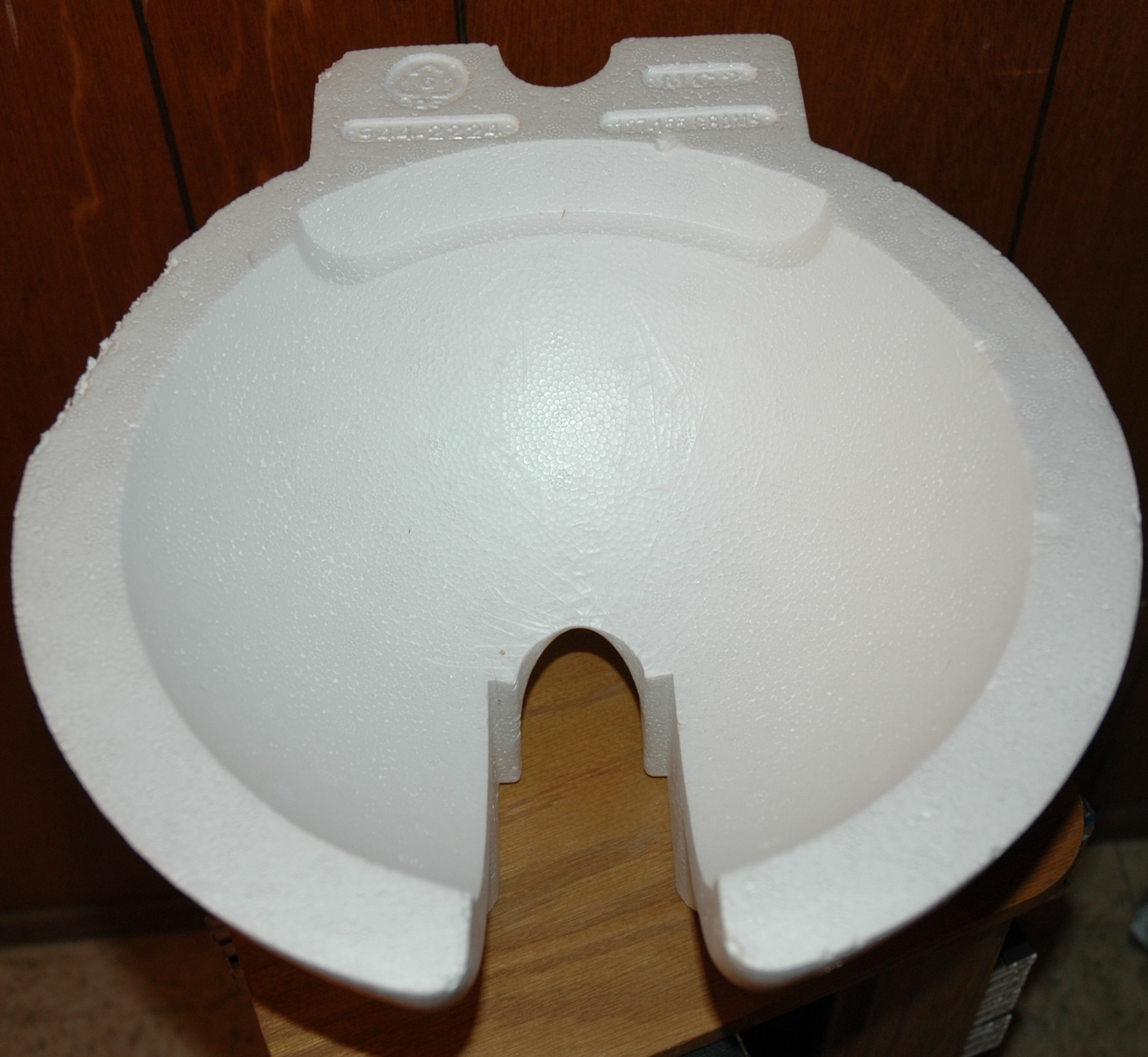Without question, movie “Team America: World Police” is one of the most offensive pieces of filmmaking to be released in a couple of decades—and what a delightful offense, too. The movie had me crying to tears within the first 30 seconds, and laughing and crying and laughing for the next hour and a half. I’m waiting for the news story that some poor movie goer either laughed or was offended to death. Either is likely.
I could see the aftermath audience reaction as the lights lifted in the theatre. A group of young black men whopped, “America, Fuck Yeah!”; from the movie’s theme song. About 10 rows behind them, several older, black and white couples sat immobile. Stunned I think, because they were so offended by the movie’s philosophical conclusion.











